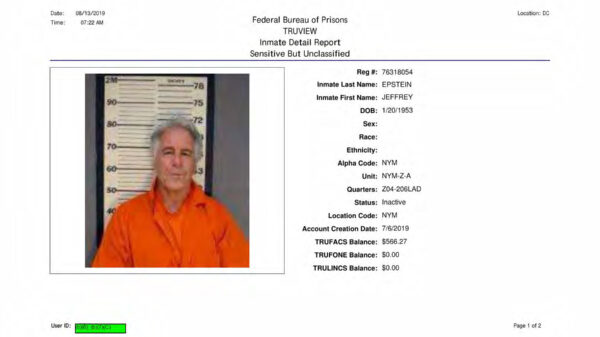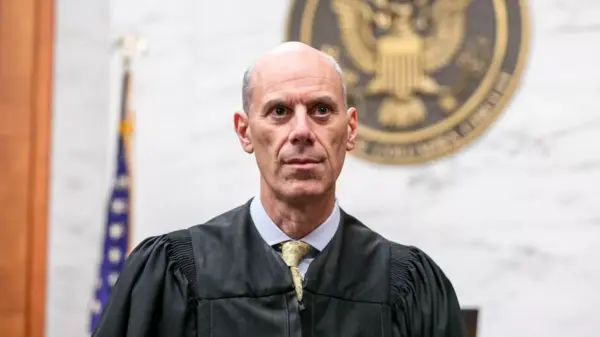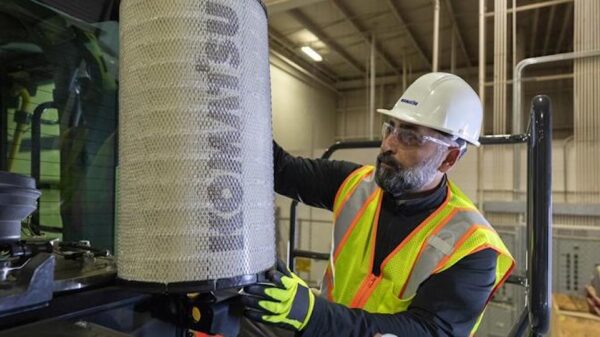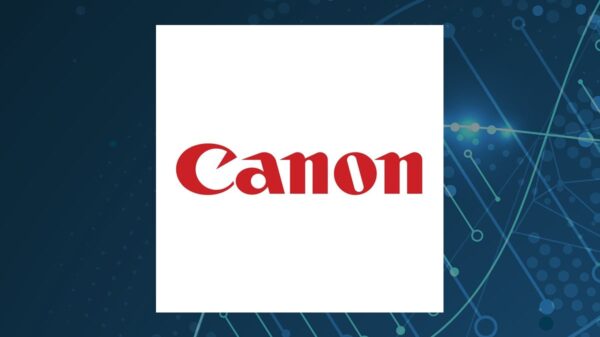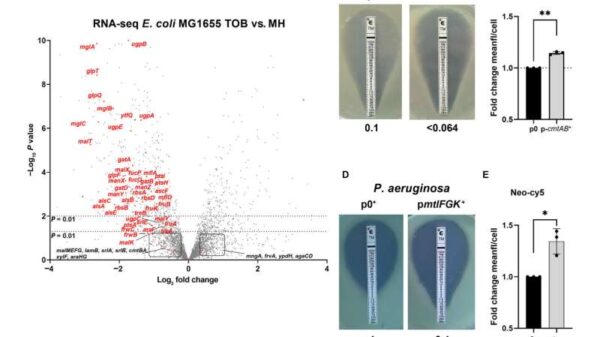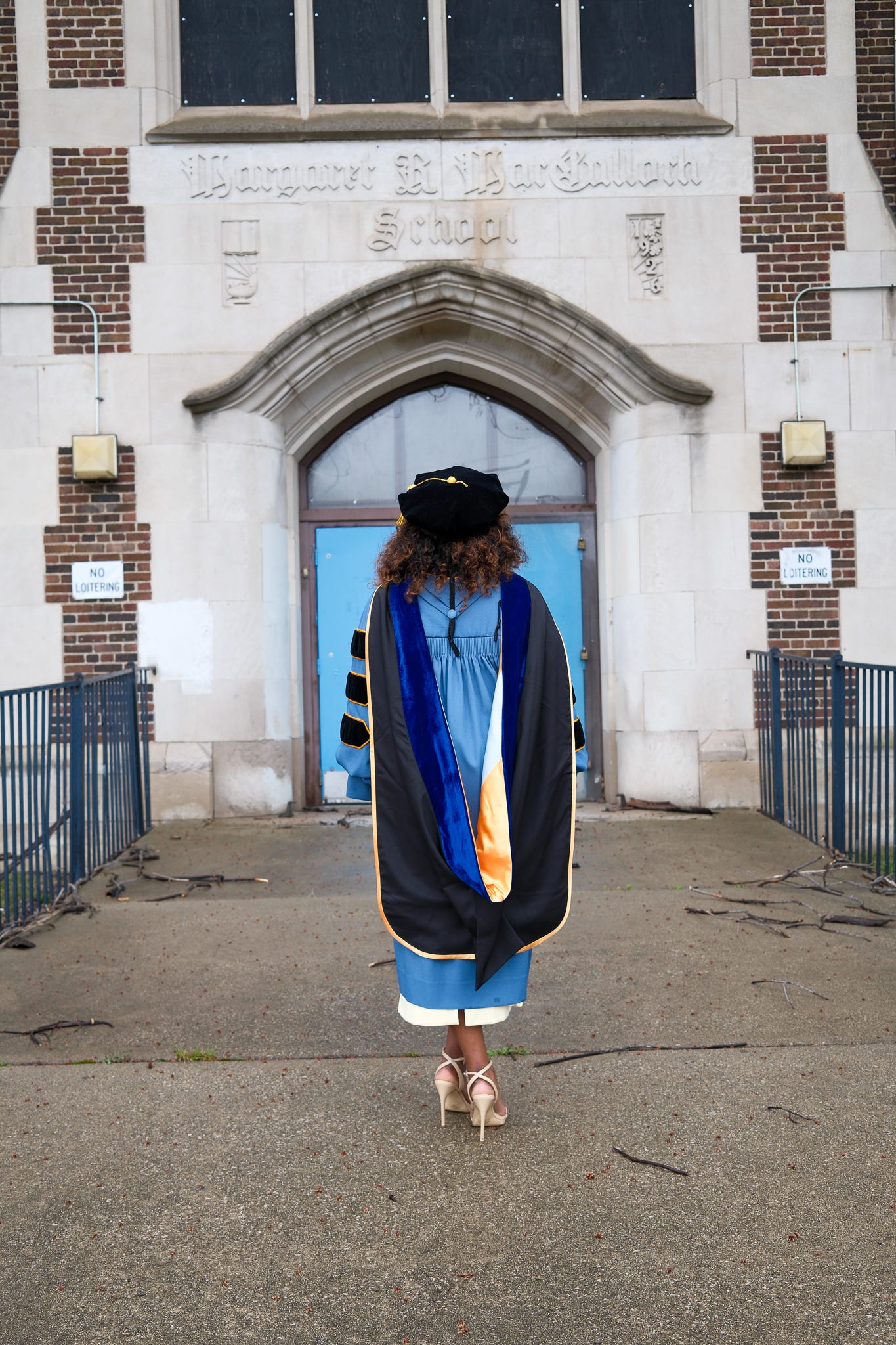In a profound call to action, Dr. Aya M. Waller-Bey argues that students in Detroit need earlier exposure to college opportunities to overcome systemic barriers. Waller-Bey shared her personal journey from a modest upbringing in Detroit to earning a PhD from the University of Michigan. She emphasizes that her success, while inspirational, is not the norm for many first-generation and low-income students in the city.
Waller-Bey’s narrative highlights the lack of equitable access to educational resources in Detroit. According to a policy brief from the University of Michigan’s Youth Policy Lab, only 17% of young Detroit residents hold a bachelor’s degree. The figures are even more concerning among Black and Latina/o youth, with only 12% and 4% obtaining degrees, respectively. These statistics reflect a significant gap in educational attainment compared to national averages, underscoring the urgent need for intervention.
Barriers to Higher Education
Waller-Bey recounts her own experiences with programs that provided her with vital opportunities, such as Yes for Prep and Leadership Enterprise for a Diverse America. These initiatives introduced her to advanced coursework and college environments, which shaped her educational trajectory. In contrast, many students in her childhood neighborhood are deprived of similar opportunities, often facing discouraging narratives about the attainability of higher education.
The prevailing message for these students is frequently one of doubt, as they encounter challenges including rising poverty rates in Detroit. Reports indicate that Detroit’s poverty rate continues to increase, further complicating efforts for families to pursue postsecondary education. The need for a comprehensive approach to educational access is evident, as Waller-Bey calls for a shift in how resources are allocated and how communities are informed about educational possibilities.
Investing in the Future
Governor Gretchen Whitmer has set a goal for 60% of working-age Michiganders to hold a certificate or degree by 2030. While some progress has been made across Michigan, Detroit remains significantly behind in degree attainment. Waller-Bey advocates for a more robust investment in early-exposure programs that could provide students with a clearer understanding of college options before they enter high school.
She argues that if billions can be invested in infrastructure, similar urgency should be directed towards educational initiatives. The expansion of college access programs and a focus on creating a college-going culture within communities is essential. Waller-Bey stresses that scholarship opportunities like the Detroit Promise scholarship and the Michigan Achievement Scholarship are crucial, but eligibility requirements can hinder access for the most vulnerable students.
Waller-Bey’s vision is for a system that ensures all students, regardless of their background, receive the support needed to aspire to higher education. She believes that educational opportunities should not be reserved for a select few but should be a guaranteed resource for every student in Detroit.
As she reflects on her journey, Waller-Bey expresses a desire for the next generation to have access to pathways that lead to success without extraordinary circumstances or “miracle stories.” Her message is clear: every student in Detroit should enter the classroom with the belief that their aspirations are attainable and that a commitment to higher education is a right, not a privilege.
Through collective action and investment in educational equity, Detroit can transform its narrative and empower its youth to achieve their dreams.












